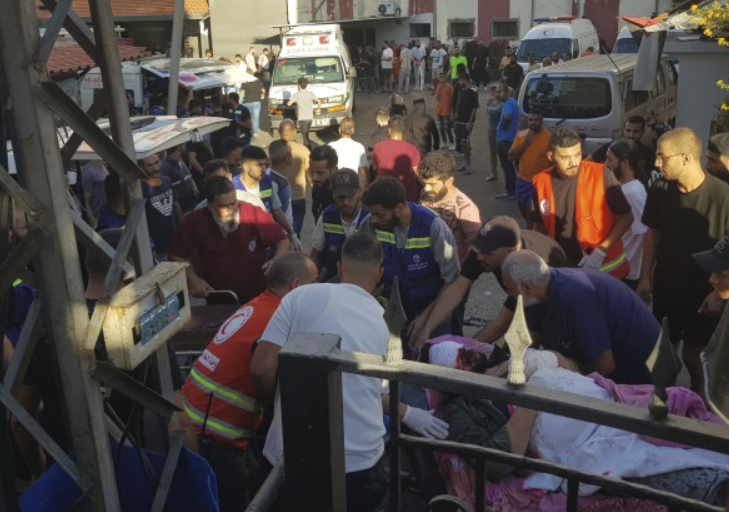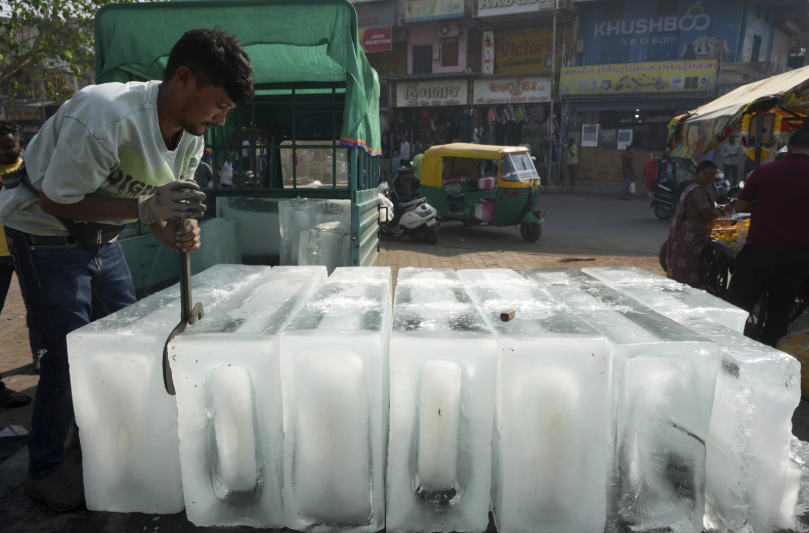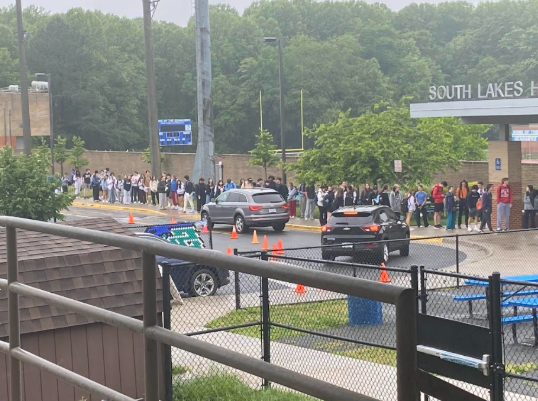A series of targeted terror attacks have rocked Lebanon as thousands of comms devices detonated across the country on the 17th and 18th leaving many dead, thousands injured and the nation in disarray. Following the October 7th attacks on Israel, the tension has expanded through the Middle East and past Israeli borders as the conflict in Gaza continues. This conflict has extended into Lebanon, whose borders are occupied by the Militant group Hezbollah, which has influence in mainstream Lebanese politics and government. As Israel and Hezbollah flirt with the idea of war, the pressure has continued to culminate with the events on Tuesday afternoon.
As many went about their normal day, around 3,000 Pagers, small handheld devices used to send and receive text and voice messages, spontaneously exploded across Lebanon At 3:30 PM on Tuesday, September 17th. They were caused by highly explosive material found in the remains of the exploded devices along with the other unexploded 2,000, totaling around 5,000 rigged pagers. These explosions left 12 people dead, including three children, as well as four healthcare workers. The number of wounded came to around 2,750.
These explosions were triggered by a code simultaneously sent to 3,000 of the 5,000 devices via radio transmission. The attack’s main targets were Hezbollah officials, as the devices were intended to be delivered to many of their members, however, only some devices reached Hezbollah hands or were in their possession during the attacks. The destructive nature of the attack caused extreme collateral damage to bystanders physically and emotionally.
The day after, a second wave of attacks swept across Beirut. The explosives were delivered through walkie-talkies and two solar panels, causing more disorder and panic to the already confused and grieving Lebanese. The second wave of explosions on September 18th was devastating, its victims consisting of 37 dead and 287 in critical condition. The explosions also caused considerable damage to surrounding structures causing fires in residential buildings.
Who’s to blame?
Pagers are useful to Hezbollah to bypass Israeli electronic and internet surveillance, making them an optimal delivery system for the explosives. This is just one of the reasons the Lebanese Government and Hezbollah have blamed Israel for the terrorist attack. This comes after Israel’s threats to increase operations against Hezbollah. The day after, Israeli Defense Minister Yoav Gallant spoke to IDF soldiers saying “We are at the start of a new phase in the war — it requires courage, determination and perseverance.”(AP) This came with a second wave of attacks in Beirut.
After the attacks, the Lebanese government and Hezbollah leadership accused Israel of perpetrating the attacks. As of the 18th, Israeli military officials declined to comment on both the attacks and the accusations. Despite this, Israel continues to be the number one suspect for the attacks now as the Iranian armed forces’s Islamic Revolutionary Guard Corps (IRGC) Chief Hossein Salami on Thursday met with Hezbollah Secretary General Hassan Nasrallah to address the recent conflict. Nasrallah was reported saying “Israel will face a crushing response from the ‘axis of resistance’” referring to Iran-aligned groups such as Hezbollah, the Houthis, and Iraqi paramilitary forces, which pushes this ‘axis’ and Israel closer to an all-out war. Nasrallah speaking on the issue stated the comms attacks “crossed all red lines” with many seeing it as possible to be viewed as an act of war.
On a recent diplomatic visit to Paris Secretary of State Anthony Blinken spoke to his French counterpart, Minister for Europe and Foreign Affairs Stéphane Séjourné, Secretary Blinkin told Minister Séjourné he is “calling for restraint and urging de-escalation when it comes to the Middle East.”
Blinken’s statement further places the U.S. in a semi-de escalatory position, regarding this specific matter as the Biden administration claims to be working towards a ceasefire in Gaza.
As the situation develops, the future of Middle East conflict is unclear, and resolution to this discord is still uncertain.
AP articles referenced:
https://apnews.com/article/lebanon-israel-hezbollah-pager-explosion-e9493409a0648b846fdcadffdb02d71e
https://apnews.com/article/lebanon-israel-exploding-pagers-hezbollah-syria-ce6af3c2e6de0a0dddfae48634278288





















